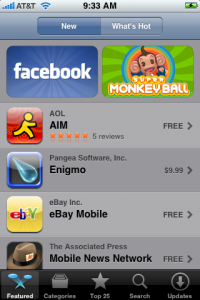It is axiomatic that if you talk to more prospects, you’ll sign up more clients. Does this mean you should offer free consultations across the board? Or, if you already do that, you should look for ways to do more of them?
Not necessarily.
Because while these consultations are free for the prospective client, there is a cost to you. Especially if you ordinarily get paid for consultations.
For some lawyers, free consultations are an anathema. For others, they are a simple and profitable marketing strategy. And necessary for lawyers who practice in areas where most lawyers offer them.
But does it have to be so black and white? Are there any other options?
Maybe there are.
Instead of offering free consultations to everyone who asks, perhaps you could set up a screening process whereby the prospect has to first fill out a questionnaire or speak to someone in your office, to allow you to determine if they are qualified to speak to you personally.
Another option is to offer discounted consultations, a nominal fee perhaps, fully credited if the prospect becomes a client.
You might offer ten-minute free consultations and a paid consultation option if they need or want more.
What if you allow prospective clients to dial into a scheduled conference call where they can describe their situation and ask questions anonymously? The way some lawyers do it on radio call-in shows, or when a lawyer takes questions from the audience after a presentation.
Prospective clients get some feedback about their situation and you get to determine if you want to speak to them further.
Maybe you can record these and put them (or transcripts) on your website. Prospective clients can get some general feedback about their situation, and a sense of what it would be like speaking to you personally.
These options might not give you enough information to allow meaningful feedback, or help the prospective client decide if they want to hire you, but they are clearly better than the alternative.
Ask yourself, what else could I do to talk to more prospective clients?








